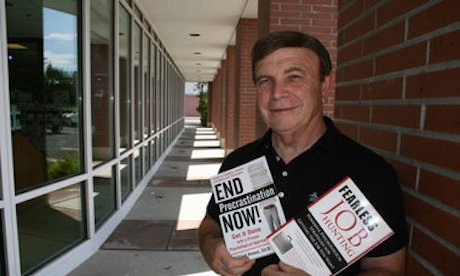Comedian and actor Robin Williams died on August 11, 2014.
According to local law enforcement authorities, he probably died by suicide.
Williams had it all: a rare talent, a great career, family, friends.
However, talent, wealth, fame, family, and friends can mean nothing when you suffer from an acute, deep depression, and believe you have no way out.
Indeed, you may believe that others will be better off without you.
When depression crashes down, escaping this dulling, toxic pain may be all you can think about doing.
Some in depressive pain often want to end the pain, but not necessarily themselves.
However, death may seem like the only way out, especially when they believe they can no longer endure what they feel.
Was this how it was for actor and comedian Robin Williams?
Only Williams knows for sure.
Williams’ death was tragic.
It was needless.
What can we learn? Suicide is a belief-related death.
What if the belief is wrong? Depression is not terminal. Suicide is.
Stigmatizing Is Senseless
There should be no stigma for depression.
The ancient Egyptians and Greeks saw this condition as a correctable affliction.
Both cultures reportedly showed tolerance. Today, enlightened people view depression in much the same way.
What Elevates Suicidal Risk?
People who knew Robin Williams reported that he had sunk into depression just prior to ending his life.
If this is so, I can only guess what was going on at the decision point when he ended his life.
I believe he felt great emotional pain.
I suspect that in his mind, he saw no way out.
In this sense, depression warps reality. However, something else may have affected his judgment. Continue reading
Source
- Bill Knaus in Psychology Today
- See also: Farewell to Finn in The Wireless and The Six Reasons People Attempt Suicide in Psychology Today
Bill Knaus is a licensed clinical psychologist and former psychology professor.
